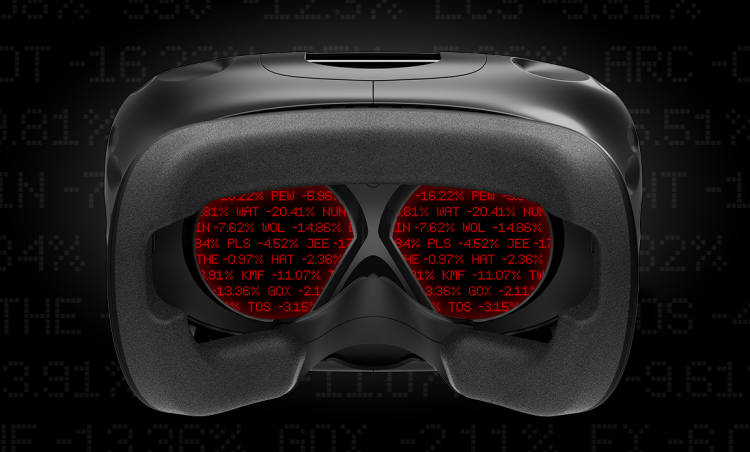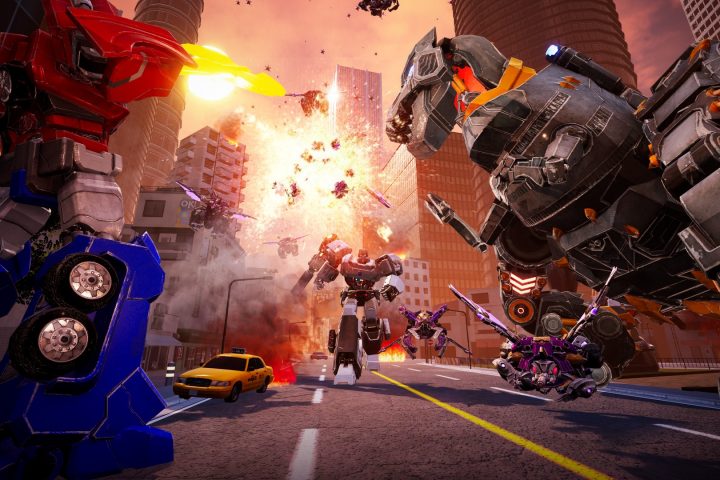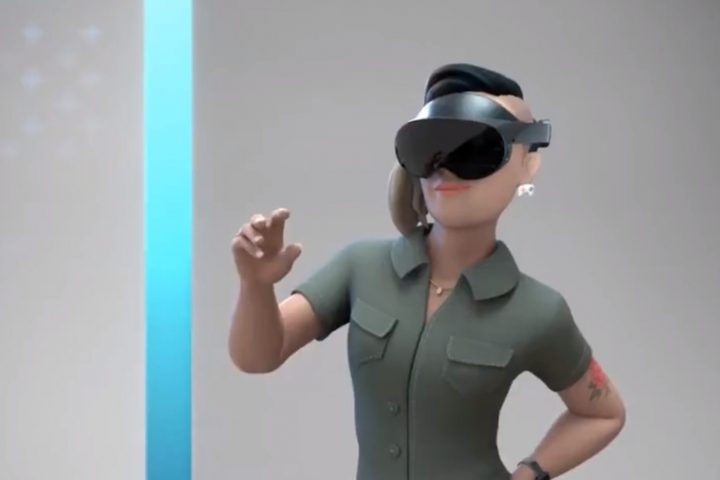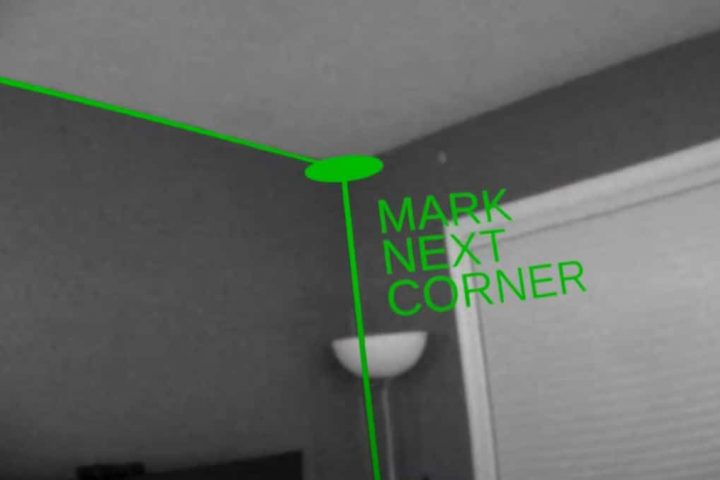The best year ever for the US video game market saw 45 million game consoles ship worldwide. Its December marked the first time that video game revenue topped $5B in a single month. Its November broke the record for launch day PC game sales, with a single title shipping 2.8 million units in 24 hours. Its October saw an 18% growth in sales from the year before.
Its September saw the collapse of the Lehman Brothers, and the start of the largest global economic downturn in 80 years.
Fast forward from 2008 to now. The DOW is above 20k, unemployment is under 5% and the next big thing in entertainment is VR. Early adopters happily adorn their walls with spinning IR emitters, while every major tech company spends billions to clamor to the top of the market. Yet regular folks, no longer under pressure of a fledgling economy, simply aren’t buying in.
What gives? Why do people fork over cash for new hardware when the well is dry, but shy away from it during a boom? And the question that follows is stranger still: Could the thing that finally drives virtual reality into the mainstream be the next global recession?
A premium on frugal fun
Let’s start with why games did so well back in 2008. The consensus is simple: Games may be expensive up front, but they provide so many hours of entertainment that the overall bang for your buck goes far.
For example, let’s say you bought Gears of War 2 in November 2008 when it launched. You’d pay $60, which would hurt. But say the game took 15 hours for it to get boring, a reasonable length for a AAA game. That translates to $4 an hour, which might get you by at the dive-iest bar in town if you’re lucky (and a lightweight). And that’s a conservative example. Imagine picking up a used game for $20, or a game like Fallout 3 or Halo 2 that’s fun for hundreds of hours. You could easily pay under a dollar for every hour of fun.
This is important because the need for entertainment doesn’t vanish when we tighten our belts; if anything, it inflates. We still want fresh challenges, exciting adventures to beautiful places, new things to do with our friends, and new friends to do things with.
In this way, VR can be a far better pill for economic relief than any entertainment that came before it. A book, song or 2D screen can only show you a more interesting place to be spending your Friday night. But VR can take you there, giving the true feeling of leaving your world for another, whenever you want, with whomever you want. All without calling an Uber.
Sure, there’s still something to be said for familiarity. One might point out that game consoles were tried-and-true forms of entertainment long before 2008, yet VR is too unproven for someone to gamble hundreds of dollars on its entertainment value.
But that novelty itself has value. Of all the game platforms sold in 2008, the two highest performing ones were the strangest concepts. The Nintendo DS did best of all by introducing two screens at once. Close behind is the Nintendo Wii, which made motion controllers mainstream. Both were new to gamers and developers alike, and were embraced for it. Even non-gamers found them delightful—for a while, Wiis were something of a fad in retirement homes of all places. New is good.
A few things missing
But other differences between the consoles of 2008 and the headsets of 2017 aren’t so helpful.
Let’s look at some of the games that came out in 2008: Mario Kart Wii. Super Smash Bros. Brawl. Call of Duty: World at War. Gears of War 2. Grand Theft Auto IV. Madden NFL 09. Notice anything about them?
They’re all from well-established IPs, beloved for years and evoking hype from their titles alone. Then consider their platforms, made by Nintendo, Sony and Microsoft. Each had a long-standing reputation in the games space, and for many gamers, were synonymous with hundreds of happy hours in their childhoods.
VR’s titles don’t begin to compare. Content is the Achilles’ heel of VR; there’s simply not enough of it above any decent quality standard. Then look at the names of the best sellers: Job Simulator, Tilt Brush, Google Earth, Raw Data, Land’s End, Onward, etc. Unless you count Minecraft’s VR version or the free Trials on Tattooine demo, no titles have anything close to the promise that a Zelda or James Bond would have.
Same goes for the platforms. For hardware on the market today, the only brands with an entertainment background that are involved in the headsets are Sony and Valve, one of which takes every pain to stay behind the scenes. Everyone else is known for their cell phones, search engines or social networks. When Nintendo promises its new motion controls will be fun, people trust them. Facebook, not so much.
Then there’s the form factor. While I preach that new things are good, they also have to be accessible. That’s how a 90-year-old who never owned a Nintendo could fall in love with the Wii. But anyone that’s introduced someone to VR knows it’s not so simple. “What way do I look?” they’ll ask. “How do I click the menu?” “Can I launch the app after I put my phone in?” “Can I shoot?” “What’s this grid thing?” “Where are my hands?”
When you have to justify every dollar you spend on entertainment, you want to be damn sure a new investment is worth it. For VR, that means hundreds of hours of quality entertainment without frustration—no instruction manuals, no lighthouses, no screen door effect, no taking phones in and out of headsets to switch apps, no shortage of content, and no $20 titles that last for 30 minutes. VR just isn’t ready, yet.
A question of timing
But it will be soon. Room scale is recession





